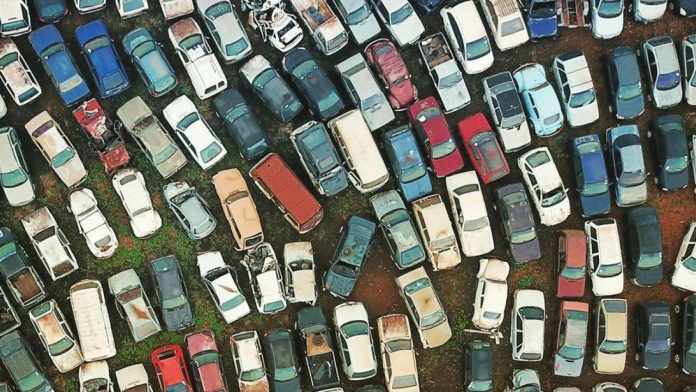It will be mandatory for state governments to offer a discount on road tax, which is also known as motor vehicles tax, while registering new vehicles bought against scrapped ones.
According to the Union Road Transport Ministry, the mandatory discount will be from 1 to 15 per cent for commercial vehicles and 1 to 25 per cent for private vehicles.
This change in the Central Motor Vehicles Rules is aimed at incentivising people to retire their old and polluting vehicles. The states will be free to decide the discount on road tax.
Transport Joint Secretary Amit Varadan said, “So far as road tax is concerned, we are introducing the change in rules and it’s not an advisory. As the Central government, we are empowered under the Concurrent list to decide the principle of taxation and so we have done this under the legal framework. Some states had questioned how we could come up with rules in this regard, and in response, we have shared the legal provisions concerned.”
Union Road Transport Minister Nitin Gadkari said he was confident of all states cooperating in rolling out the vehicle scrapping policy.
“The state governments will get more revenue as there will be around 25-30 per cent increase in sales of new vehicles. This will generate more taxes for the states and the Centre. This policy will generate more jobs, and reduce vehicular pollution. If people won’t scrap old vehicles, they won’t buy new ones,” he said.
The government has notified complete waiver of registration fee for new vehicles bought against scrapping old ones. The discount in road tax, waiver in registration and discount of up to 5 per cent on the cost of new vehicles by vehicle manufacturers can be availed only after producing a valid scrapping certificate.
Moreover, people can also trade such certificates.
The Ministry also came up with several arguments to claim that the policy will benefit vehicle owners as the new vehicles bought against old ones will be fuel-efficient and safe.
Moreover, keeping an old vehicle will also be more expensive as the government has increased the charges for re-registration and for obtaining fitness certificates.


